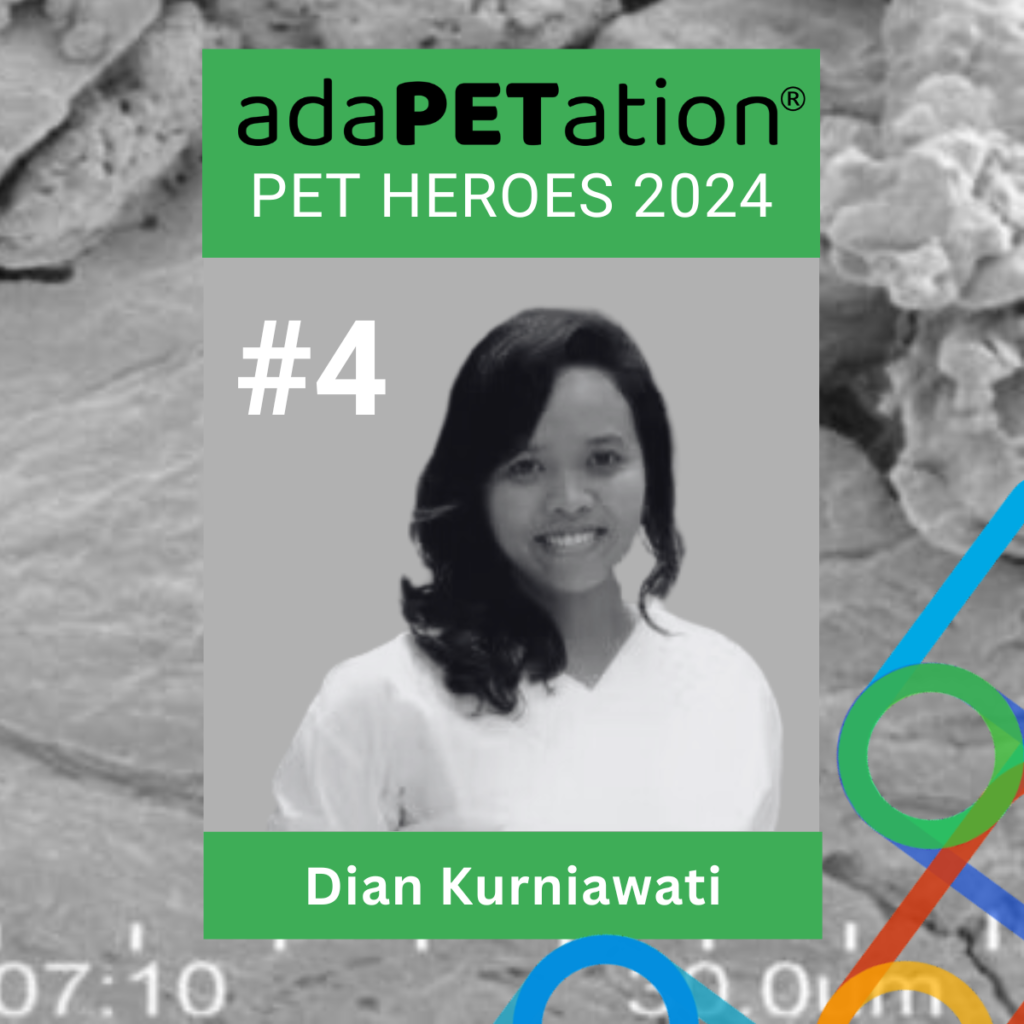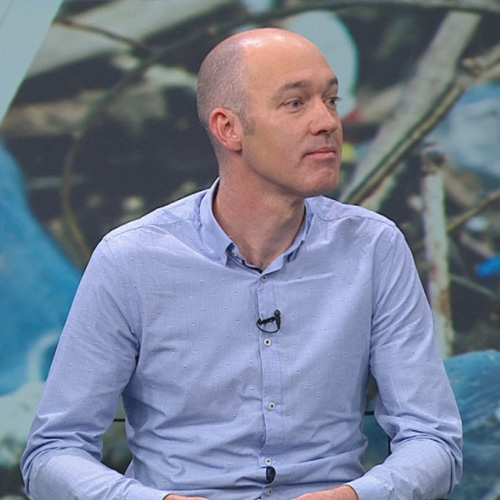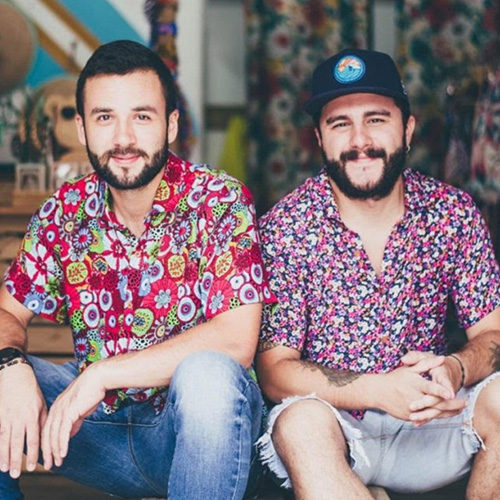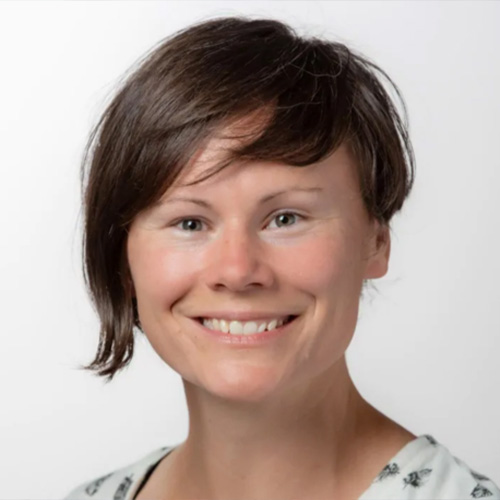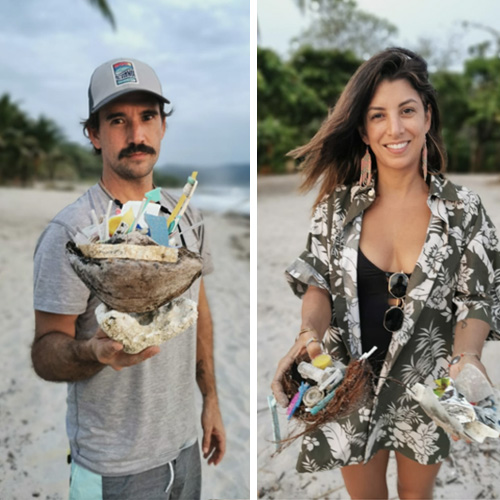
An interview with Dian Kurniawati, Co-founder of Tridi Oasis, on tackling plastic pollution in Indonesia and supporting women waste pickers.
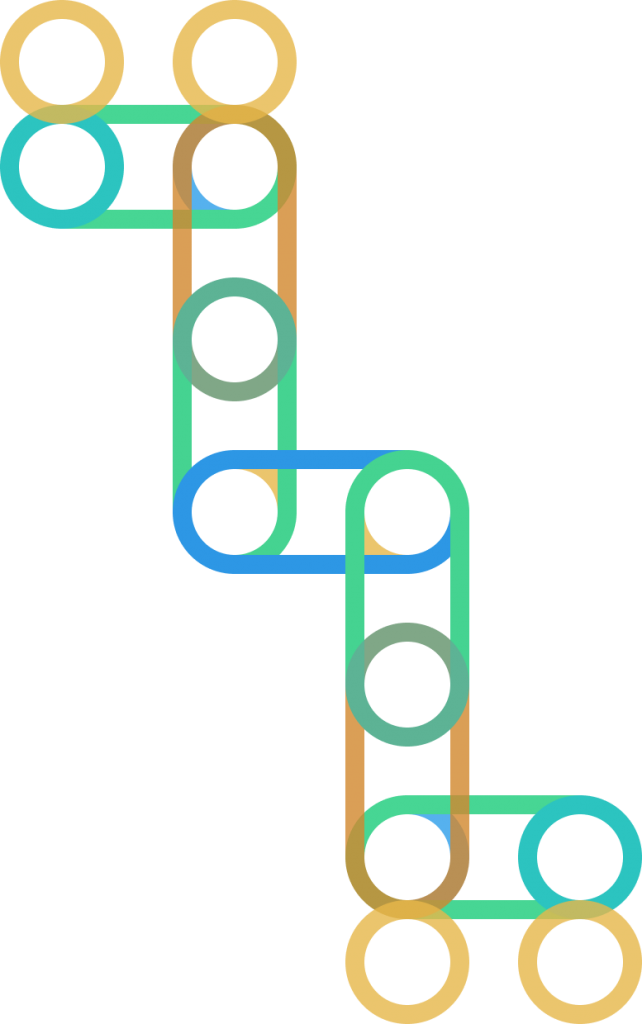
Dian Kurniawati, co-founder of Tridi Oasis and the latest nominee for PET Heroes 2024, talks about the genesis of the women behind Tridi Oasis, which focuses on turning plastic waste into new raw materials. She discusses the challenges of creating a more circular PET and plastic industry in Indonesia and the importance of building a strong team culture and organization to adapt to external challenges. Kurniawati also talks about the importance of creating awareness of plastic pollution through experiences and how the solution should come from anyone and everyone.
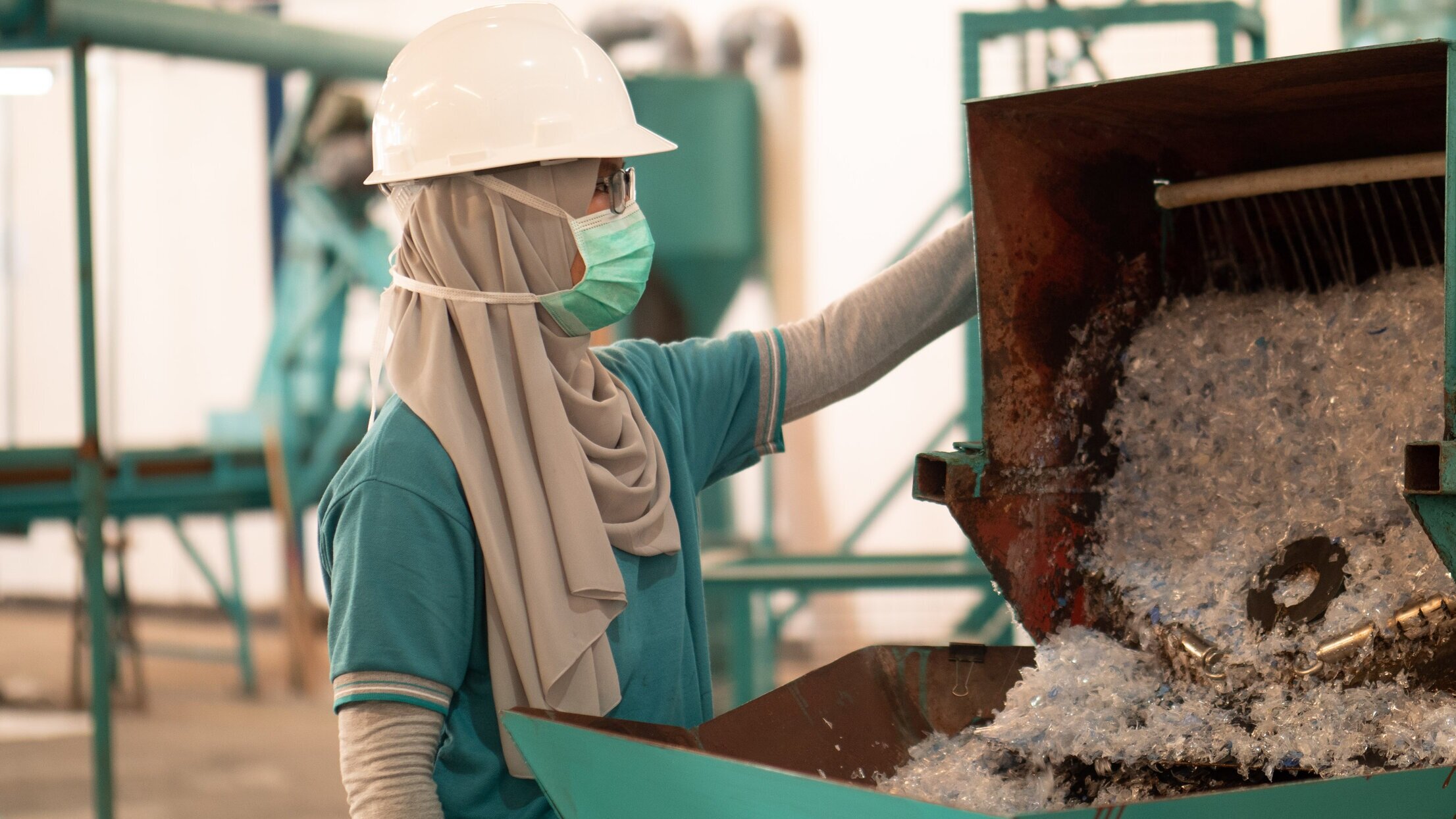
Five Minutes with Dian Kurniawati
Share with us the light bulb moment for Tridi Oasis. How did you come up with the original concept?
Before I worked as a management consultant living in Jakarta, but we are being exposed by the trash problem every day and just living in a beautiful islands of Indonesia. I feel like I would like to do something in terms of the environment and especially creating a business. So being tired, working as a management consultant I just decided to resign back at the end of 2015 and then I looked for opportunities. What can we do in waste management? Especially combining entrepreneurship and environment and social, and then looking at several ideas. Then we come up with the idea of turning problems in waste management, especially plastic, into opportunities, and then looking at several solutions. And that’s how Tridi was born.
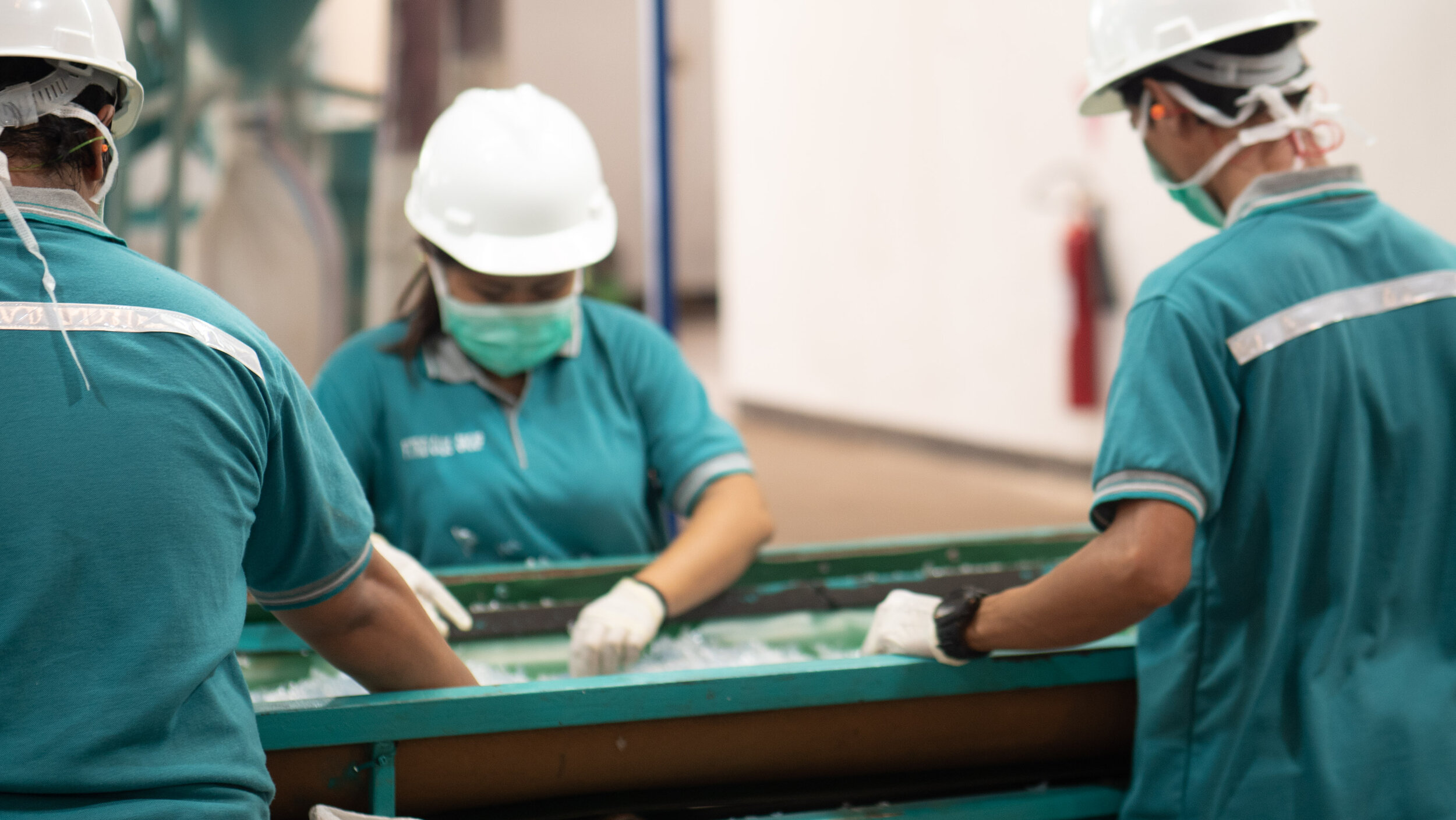
Could you talk a little bit about what exactly Tridi Oasis does? Which problem is Tridi Oasis actually trying to address?
We are concentrating on the plastic waste problem. So what we see is plastic waste is actually raw material, but it’s just in the wrong place. So with that mindset, then we aim and what we are doing is to turn this plastic waste into new raw materials. Our main product is the PET bottles. So we transform these PET bottles into new raw materials that later on can be used by our customers to make new products, either textile or other packaging. And then we also work with low value or hard to recycle plastics. There are flexible plastics in Indonesia, there are a lot of them that use it for either shampoo for plastic sachet or instant noodles, snacks and anything. So it’s difficult to get recycled. It’s low value because no one is recycling that. And what we do right now, this is part of our new project, like diversification, is we set up a collection channel of this low value plastics, and then we do a trial prototype project to make a pallet, a pallet for the warehouse. So then later on it can be used and replaced with wooden pallets. Apart from that, we are also working with the cement company. So they currently use these low value plastics as an alternative fuel, replacing their coal fuel to reduce the carbon emission for the cement plant operation.
You had an investment from Circulate Capital? Correct? They backed you in 2020. How did that come about? How did you find your way to them or did they reach out to you?
So we got in touch with Circle Capital already back at the end of 2018. When they started to enter the Indonesia market we explored the opportunity together. Then they set up their entity in Singapore. Basically, the whole of 2019 was the exploration and developing business plan and so on. And then we received the funding in February 2020. I think it’s also good timing at that time. There are already more and more impact investments concentrating in this space, looking for entrepreneurs to invest in, and we share the same values. It was all alignment at the time. So that’s how we concluded the partnership.
And what has that meant for the business? How have you been able to scale your impact as a consequence?
At that time, I think it was also COVID, the beginning of 2020. And then the investment enabled us to relocate to the new location, a much bigger location. And then that enabled us also to scale up in terms of capacity. I think we grew three times, increasing the capacity from the previous one to the 2020 capacity. And then apart from that, that’s also network to the expert to the market and then the leadership training.
So how much waste are you currently taking out of the system, putting back into the system now and how much was that previously?
I think capacity wise previously was like 200, 250 tons a month. Right now we are able to do 750 tons a month.
What would you say are the obstacles or challenges that you currently face to being able to offer your solution at an even greater scale right now?
I mean, really, really right now, especially this month or this quarter, is basically the market that’s the biggest challenge because of the slow market, weak demand everywhere, just locally and globally. That’s mainly driven by the cheaper also in price, and in general the slow economic phase so that’s right now the main challenge is the market itself.
Apart from creating a more circular pet and plastic industry in Indonesia, are you doing anything else to restore ecosystems there?
In parallel, when I set up Tridi Oasis in 2016, I also co-founded a community called Beach Cleanup Jakarta Community. This community is now growing bigger and bigger. We do regular beach cleanups in the north part of Jakarta. There are many islands, which we call the Thousand Islands, and they are mostly uninhabited. We collect volunteers and rent a boat to go to the islands and clean up the beach. We also teach them how to sort the waste, basically. The objective is to create awareness. So that’s what we are doing through the community.
What is it about in particular the problem of plastic pollution that moved you to create both initiatives, Tridi Oasis and the Beach Cleanup community?
That’s very obvious. If you, initially itself, have the plastic waste problem, you just can’t see that every day. You see the pollution and then for us, for me personally, as I said earlier, then we see that it’s a raw material, it’s not a waste. And then my belief is that the solution should actually come from anyone. It’s not like it’s not a government problem or like just a brand problem or a people problem, but it’s everyone’s problem. Therefore we need everyone’s solution. That’s what I believe. So it has to be tackled from all the angles, like one is from recycling itself. There should be enough recycling capacity and the collection also to collect and to recycle that so that can come back to the system. And then another part is also we need to create awareness of this plastic pollution and that should come from creating an experience. So it’s not only having that campaign and this campaign, but if you have the experience, you go to the beach and then you can see those plastics in uninhabited islands, probably coming from the main island, maybe you use the throw for only five minutes, but it has been there. I don’t know how many years. Last time we even found instant noodle packaging that it’s already 20 years old. So that kind of experience brings something for these people or the participant and that awareness that what we really want to give to the volunteers and the people who join. So that’s on the awareness part. And then also combining the solution part with the plastic recycling that I’m doing through Tridi Oasis because I believe it can only be solved from one angle.
Where do you find your inspiration? Have you explored biomimicry or systems thinking?
To be honest that’s part of it. I like the environment and then I just see the problem of the waste but the inspiration itself, it’s more like at that time I was just Googling what we can do with the waste because here in Indonesia you cannot see the example. I don’t know if you live in the US, probably you can see the company Waste Management, something like that. But here you just don’t see the inspiration. Like if I want to open a restaurant, I have a lot of inspiration, right? But if I want to do something with the waste, it just happens that there is no inspiration. So what I did is just Googling, oh, what we can do with the waste. And then you can do this, this, this, this, this. So it’s coming just from looking at something that has already happened in other countries. And then see what we can do here.
How do you reach out to other people? How do we sustain networks of hope? Where do you go looking for support?
Yeah, that’s a good question. I mean, right now there are already a lot of networks like your network, for example, right? That connects people in the same industries. But I think when I started it was just not there yet. So for me in the beginning was. I don’t know, someone on LinkedIn and so on. Just connect, connect, connect. Even last time, the way I got connected to Circulate Capital was a bit weird. So some of my friends in Europe, I don’t know. She met this guy who was a consultant of Circulate Capital, and then she connected me with him and then he came to Indonesia and said, Oh, we are helping this company, we want to build a venture capital here in Southeast Asia. Do you want to, you know, like to talk because they need some market insight and so on and without having an interest to get invested and so on, I’m just like, okay, sure. So it’s more like knowledge sharing and networking and then getting connected more and more and more. And then by the time the opportunity comes, okay, then we are already ready. But right now, I think to answer your question, how to get support and get connected is the easiest one is obviously through LinkedIn because you just by the algorithm or something then you get connected to the people from the same industry or interest and that makes it easier. Then you can join the group or like this kind of association or organization and so on and now with the internet and everything is just so easy because you can do it even just through the Internet without really needing to meet a person.
What is it that you really need? To make, you know, truly a success? What is it? What’s the most essential element? Is it the demand? I mean, presumably it is demand for the product, correct?
Demand is one thing, but I think the really main thing is the organization itself, right? Because by the time it’s growing, the company is growing. I mean, the organization and so on is not only about the demand, but you need to have like really strong foundation in the team and the company or the organization. So I think that’s the important part and that has been our key success factor as well, because we have like a strong team culture and if you have a strong organization or I think however, you know, the external thing happens, you can just somehow adapt or learn from the from the problems and then see how to solve it because you already strong inside. So I think that’s for me, that’s the key. It’s actually how to build the strong organization. Then you can easily then adapt or being agile by however the outside environment is. At Tridi we are joining Dragon boat competition and so on, starting from last year. And that for me, it’s a very, very good analogy on how the organization should be, because when you’re playing Dragon Boat, you have, I don’t know, ten people, 20 people, but you cannot have someone who is super strong and rowing fast, the boat will not move anyway if you don’t do it synchronized and together all with the same speed, the same rhythm. So that’s the only way you make the boat move. You need to row everyone with the same speed and synchronize together.
One final question. What would you do with €10,000 of non-dilutive funding if you were to win the PET Heroes 2024 prize?
It’s a super prize, right? We didn’t plan and it is just a prize and surprise. I think the first thing I will discuss with my team, if we can do something for our collection network because we have this amazing group of people like collectors and so on so I would discuss with my team to see what we can do from this money to, you know, have a program or create something for them.
JOIN THE MOVEMENT
If you are looking for more information on the equitable approach of Dian Kurniawati sign up to receive more information about the Tridi Oasis and other inspirational changemakers sign up to receive weekly updates.
Share it
The Other PET Heroes & Useful Links
THE HISTORY OF PLASTIC
Throughout the history of plastic, PET has been crucial in keeping food fresh with lightweight and durable packaging solutions that have helped reduce food waste for almost a century. Learn all about the invention of plastic and the important role it has played feeding people and saving the lives of humans and elephants in the adaPETation® timeline of the history of plastic.
